Testosterone is a crucial hormone for men’s health, impacting various aspects of their well-being. As a boxer, surely this question may pop in your head sometimes: Does boxing increase testosterone? This blog post will answer that question and help you explores the intriguing hypothesis that boxing can elevate testosterone levels with some supporting evidence to boots.
Does Boxing Increase Testosterone?
Numerous research studies have examined the relationship between boxing and testosterone levels. While results may vary, there are many scientific evidences suggests that boxing can increase testosterone.

How Does Boxing Increase Testosterone?
Mechanisms
The testosterone-boosting effects of boxing are multifaceted and can be attributed to several interrelated mechanisms:
Endorphin Release
When engaging in many physical activities like boxing, especially during intense training sessions or competitive bouts, the body responds by releasing endorphins.
Endorphins are natural chemicals produced by the brain that act as mood enhancers and pain relievers. The exhilaration and “runner’s high” experienced by boxers post-workout are partly attributed to endorphin release. These endorphins play a role in regulating hormonal balance, including the production of testosterone when you do boxing.
The reduction in stress and improved mood associated with endorphin release can indirectly contribute to higher testosterone levels.
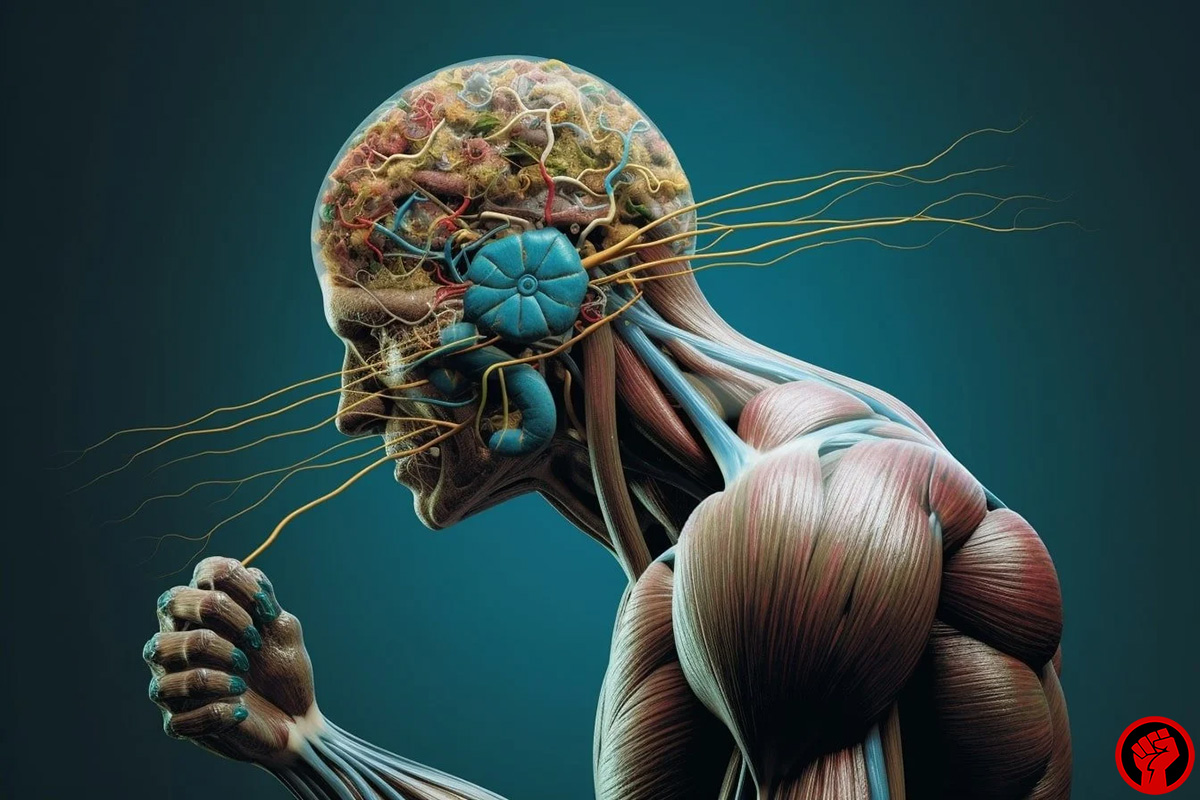
Muscle Mass Development
Boxing is a physically demanding sport that involves rigorous training routines, including strength and resistance exercises. As boxers engage in these activities, their bodies adapt by increasing muscle mass.
Testosterone is a key factor in muscle protein synthesis, which means that as muscle mass grows, so does the body’s demand for testosterone. Consequently, the body responds by producing more testosterone to support muscle development.
This increased muscle mass can act as a reservoir for testosterone, further enhancing its availability in the body.
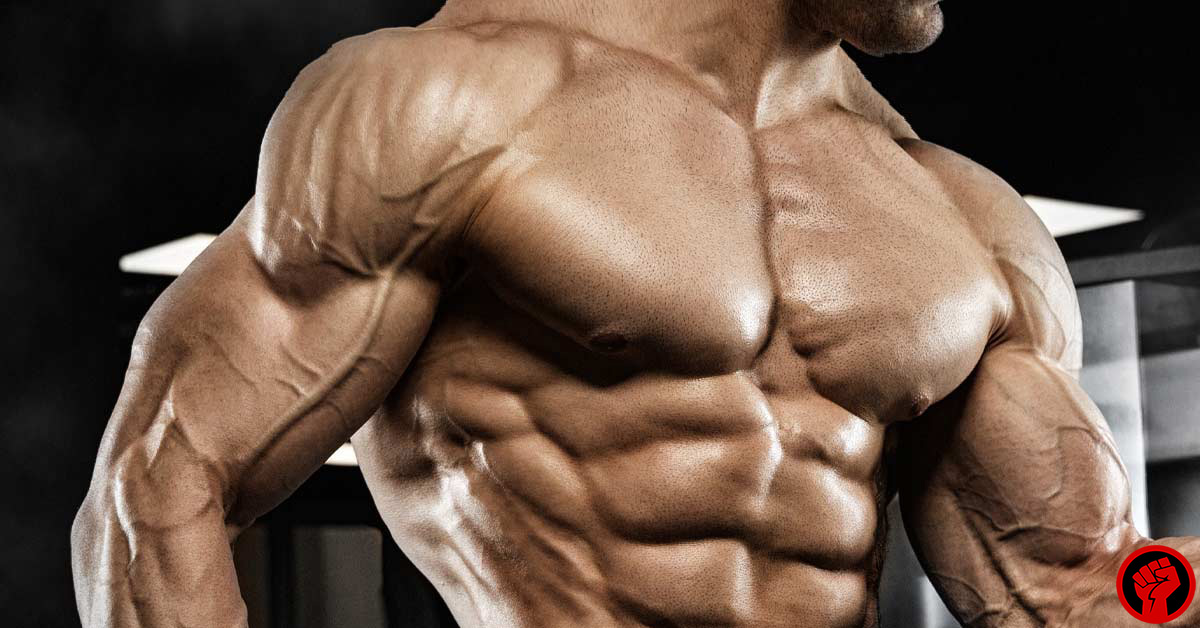
Stress Adaptation
Boxing is inherently stressful, both mentally and physically. The body’s response to this stress involves the release of cortisol, a hormone associated with the “fight or flight” response.
Interestingly, testosterone and cortisol are inversely related, meaning that as cortisol levels rise due to stress, testosterone levels may also increase to counterbalance this effect.
This adaptation to stress can lead to short-term spikes in testosterone during and after boxing training sessions.
Competition and Motivation
Boxing often involves competition, which can be a powerful motivator.
The anticipation of a match, the desire to perform well, and the adrenaline rush experienced during a fight can all contribute to increased testosterone levels.
Elevated testosterone can enhance aggression, focus, and competitiveness, which are crucial attributes in the ring.
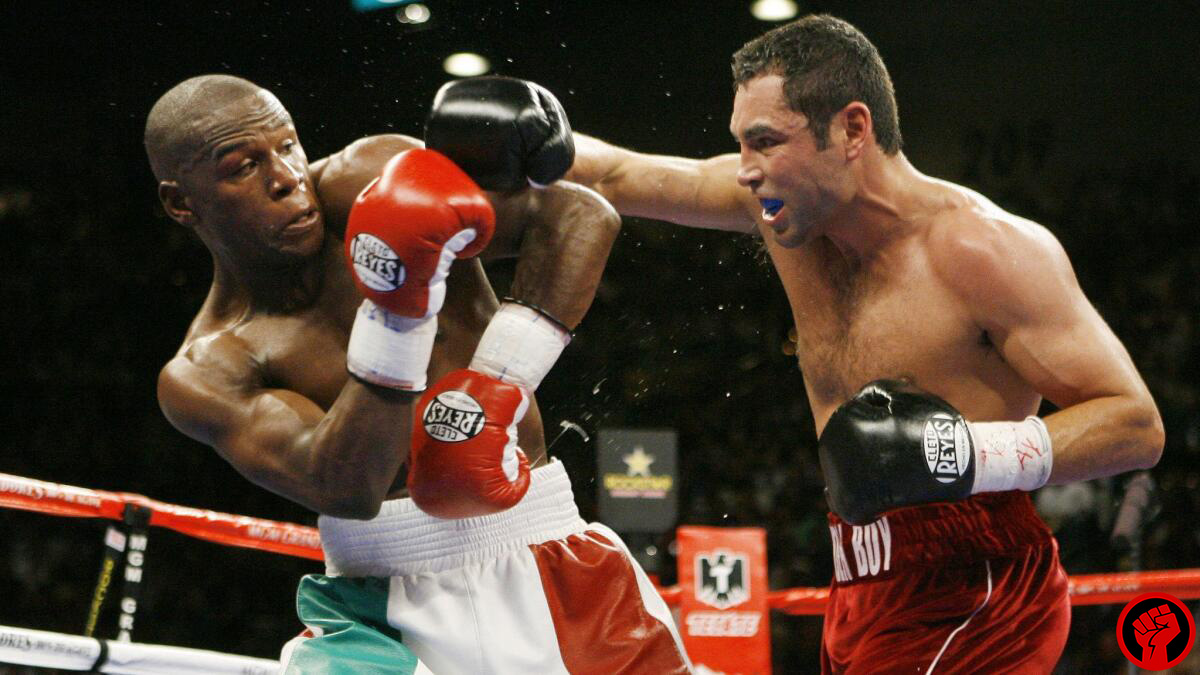
Scientific Evidences
Here are some research studies and articles that delve into the relationship between boxing and testosterone levels:
- Effects of boxing and wrestling competitions on the serum testosterone levels in young male athletes
- Acute effects of boxing and wrestling on free testosterone, cortisol, and luteinizing hormone levels
- Neuroendocrine responses to fight-related stimuli and their relation to competition-induced mood disturbances in mixed martial arts athletes
These studies provide valuable insights into the hormonal responses associated with boxing and competitive combat sports, shedding light on the question that does boxing increase testosterone with a scientific POV.
While these temporary surges in testosterone are well-documented, it’s important to note that the duration of the increase is relatively short-lived. Testosterone levels typically return to baseline within hours to days after the boxing session or competition concludes.
Influencing Factors of Boxing on Testosterone
The extent to which boxing can impact testosterone levels is a complex interplay of various factors, including training intensity, frequency, and individual genetics. This is how each of these elements influences the testosterone response in boxers:
Training Intensity
High-Intensity Workouts
Boxers who engage in high-intensity boxing training sessions tend to experience more pronounced changes in testosterone levels.
This is because intense physical activity, such as sparring, bag work, and strength training, places a greater demand on the body’s energy and muscle systems. In response to this demand, the body may release more testosterone to support muscle repair and growth.
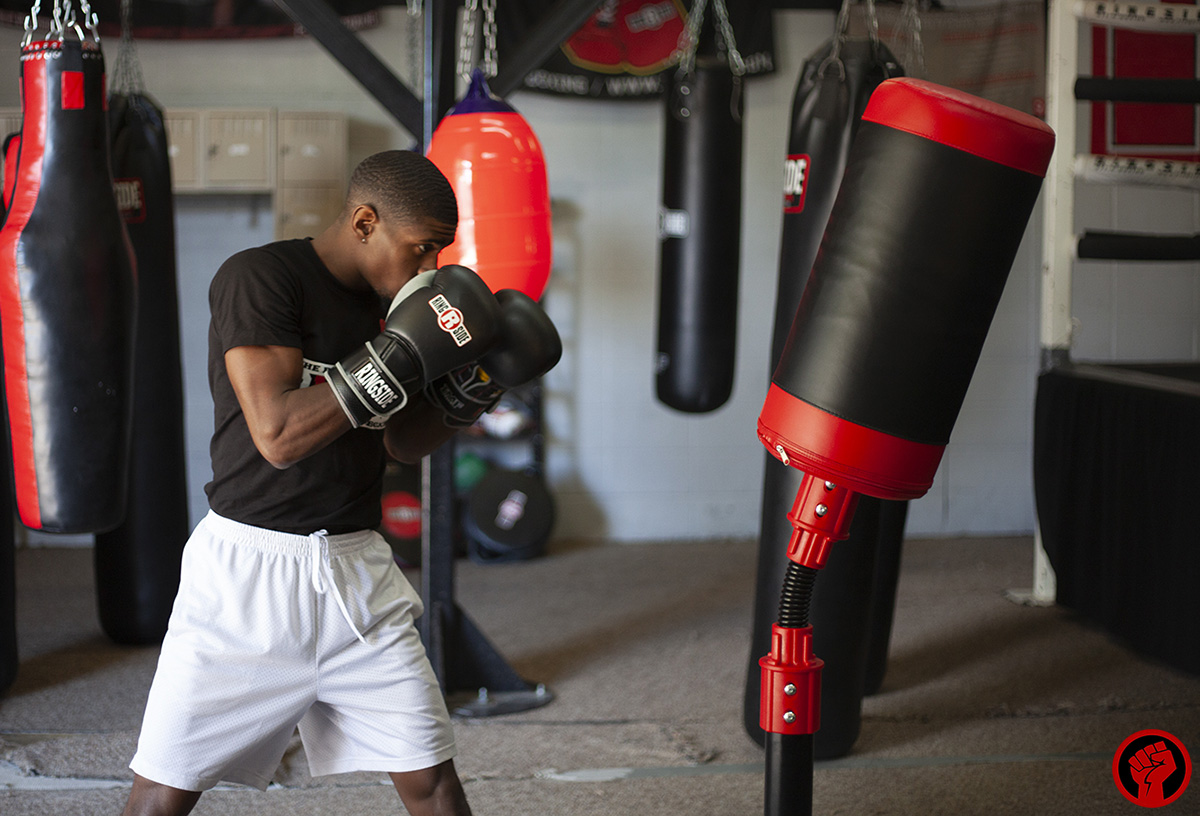
Duration and Volume
The duration and volume of training sessions also play a role.
Longer and more demanding workouts are more likely to stimulate a significant testosterone response.
For example, a rigorous two-hour training session may have a more substantial impact on testosterone levels compared to a brief, low-intensity workout.
Training Frequency
Consistency Matters
Boxers who maintain a consistent training regimen are more likely to experience sustained changes in testosterone levels. Regular training helps the body adapt to the demands of the sport, which can lead to a more stable hormonal environment.
Inconsistent training patterns may not provide the same hormonal benefits.
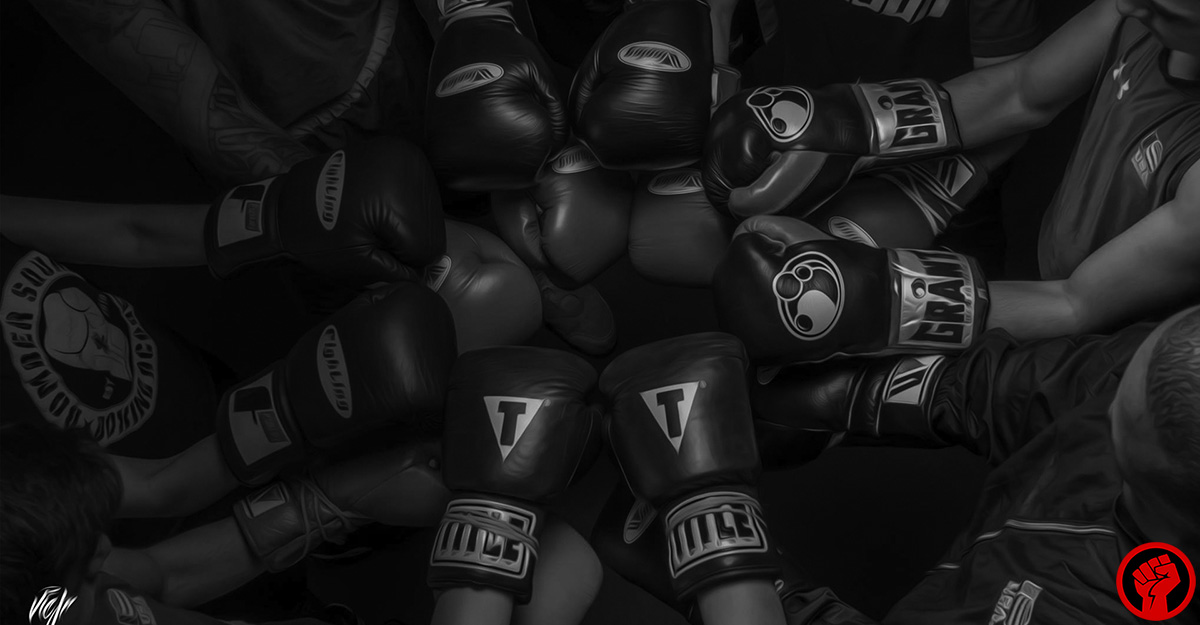
Recovery Time
Adequate recovery time between training sessions is crucial. Overtraining, where a boxer does not allow sufficient time for recovery between workouts, can lead to hormonal imbalances, including reduced testosterone levels.
Balancing training and recovery is key to optimizing the hormonal response.
Individual Genetics
Genetic Predisposition
Genetics plays a significant role in how individuals respond to exercise and stress.
Some people may be genetically predisposed to experience more significant increases in testosterone with physical activity, while others may have a more muted response.
This genetic variability can explain why individuals within the same training group may have different testosterone level changes.

Hormone Sensitivity
The sensitivity of an individual’s hormone receptors also varies. Some people may have highly responsive testosterone receptors, making them more receptive to the hormone’s effects, while others may have less sensitive receptors, requiring higher testosterone levels to achieve the same effects.
Drawbacks and Risks
Indeed, while the potential increase in testosterone associated with boxing can offer advantages, it’s crucial to recognize and address the associated risks and potential long-term health concerns comprehensively:
Risk of Injuries
Head Trauma
Boxing involves repeated blows to the head, which can lead to concussions, traumatic brain injuries, and chronic traumatic encephalopathy (CTE). These conditions can have severe and lasting consequences on cognitive function and overall well-being.
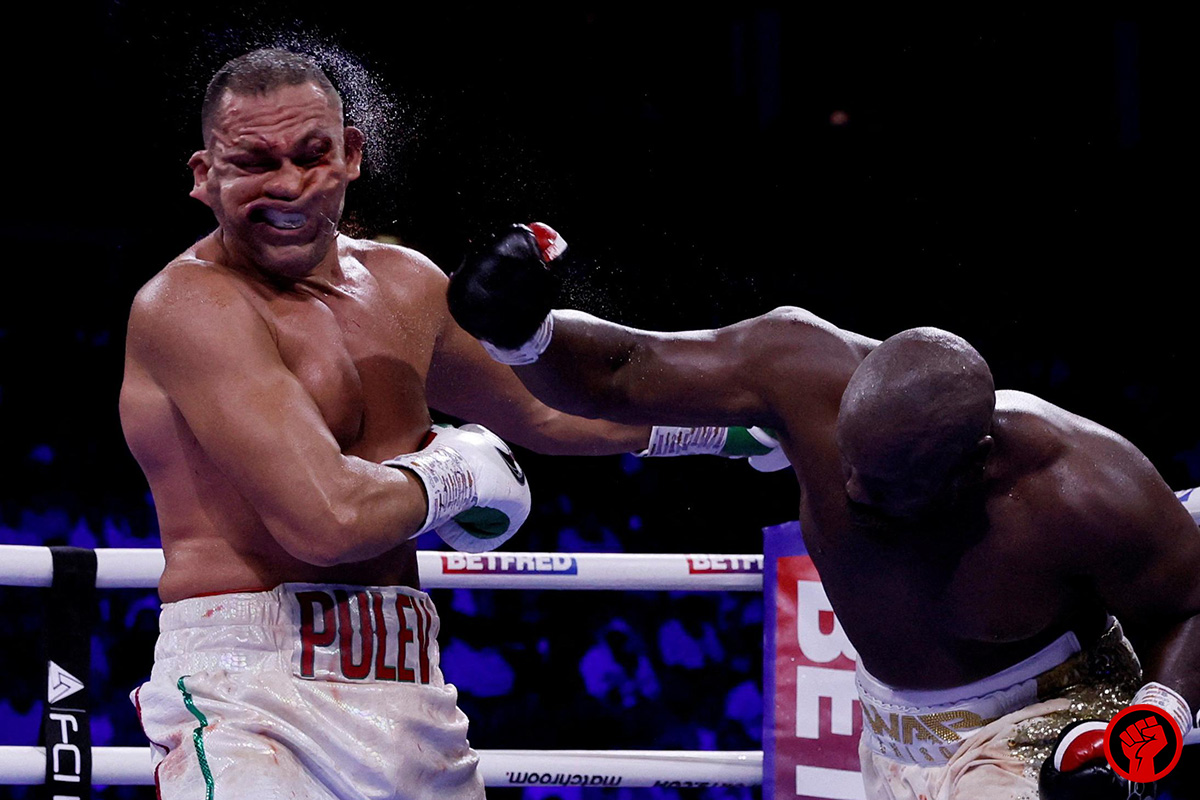
Body Injuries
Apart from head injuries, boxers are also at risk of various body injuries, including fractures, sprains, and soft tissue damage. These injuries can require extensive recovery periods and may have long-term implications for physical health.
Long-Term Health Concerns
Brain Health
The cumulative effects of head trauma in boxing have raised concerns about the long-term cognitive and neurological health of boxers. Conditions like dementia pugilistica (also known as “punch-drunk syndrome”) can manifest years after retirement.
Cardiovascular Health
Intense training and competition can place significant stress on the cardiovascular system. Long-term exposure to high-intensity exercise, combined with potential weight-cutting practices, may increase the risk of cardiovascular issues in some boxers.
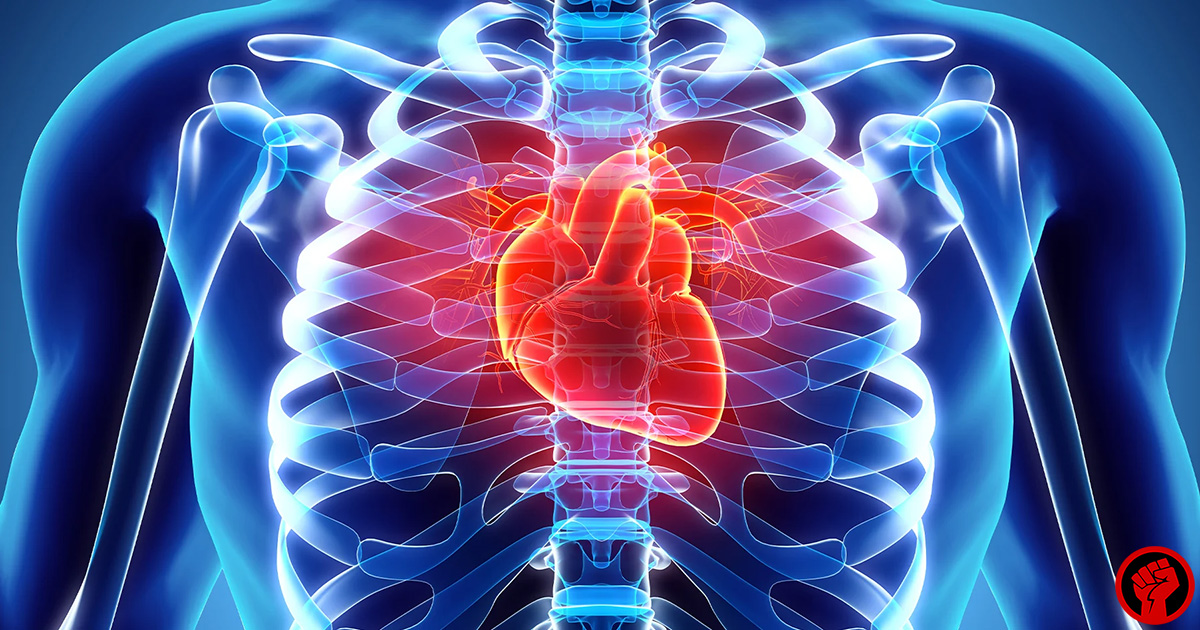
Joint Health
Boxing can put considerable strain on joints, particularly the wrists, elbows, shoulders, and knees. Over time, this wear and tear can result in chronic joint pain and reduced mobility.
Psychological Impact
Mental Health
The pressure and stress associated with boxing, especially at the competitive level, can take a toll on mental health. Boxers may experience anxiety, depression, and other psychological challenges.
Weight Management and Dietary Concerns:
Extreme Weight Cutting
Some boxers engage in extreme weight-cutting practices to compete in lower weight classes. These practices can have detrimental effects on overall health, including hormonal imbalances and increased injury risk.
Dietary Choices
Dietary choices, including the use of supplements or performance-enhancing substances, can impact health. Boxers should be cautious about the substances they consume and ensure they adhere to safe and approved practices.
What can you do to minimize these risks?
Given these potential risks and long-term health concerns, it’s imperative for boxers to prioritize safety:
Regular Medical Checkups
Boxers should undergo regular medical evaluations, including neurological assessments, to monitor their health and identify any early signs of issues.
Proper Training and Technique
Ensuring that boxers receive proper training in techniques and defensive skills can help minimize the risk of injuries.
Use of Protective Gear
The use of appropriate protective gear, including headgear and mouth-guards, can help reduce the risk of head and facial injuries.
Balanced Approach
Boxers should maintain a balanced approach to training, focusing on both physical fitness and injury prevention. Adequate rest and recovery are essential components of this balance.
Consultation with Healthcare Professionals
Seeking advice from healthcare professionals and sports medicine experts can help boxers make informed decisions about their training and competition involvement, taking into account their individual health profiles.
Conclusion
In conclusion, boxing appears to have a positive correlation with testosterone levels, offering potential advantages to practitioners. However, it’s essential for individuals to weigh these benefits against the associated risks and make informed choices regarding their participation in the sport. Understanding the intricate relationship between boxing and testosterone can help individuals make more informed decisions about their fitness journey.

